Academic and Arts Electives are offered to students of all arts departments. They provide a chance to study a different discipline or view a specific art through an academic lens. Students are encouraged to explore these disciplines outside of their chosen department.
Academic and Arts Elective Courses
In Urban Design students explore the creative and ongoing process of the city as an interdisciplinary art form we live in and navigate daily. Daniel Burnham’s 1909 Plan of Chicago, the foundation and text of this class, illustrates the historical context of modern city planning. Non-European models of city design are explored along with master-planned, utopian, and sustainable city models. Illustrated lectures and readings generate class discussions and art projects that culminate in an exhibition. Students research the current design methods and strategies of city planning and analyze how these practices may limit or cultivate spontaneity, innovation, and functionality in urban design. Students work individually and collaboratively on projects and presentations that analyze the key issues and problems that face cities and urban renewal and sustainability. Design professionals are brought in to work through questions with students. Students understand the aesthetic and economic impact the arts have on urban and civic design.
Studio Art is an elective course offered to students who are not Visual Art majors. This course is designed as a two-semester studio experience for students of all levels of ability. Beginning drawing and design exercises are complimented by an art history component. Students gain better observational and technical art-making skills through working with traditional materials such as graphite, charcoal, and ink, and are introduced to other two- and three-dimensional art forms such as painting, printmaking, sculpture as well as digital mediums. Students practice the sequential steps in the process of making art. Through individual instruction and frequent group critiques, students gain experience analyzing and interpreting works of art. The course culminates in students creating and exhibiting a project of their own personal direction.
Study Skills focuses on developing and improving the organizational skills and study habits that are necessary for academic success. Students are required to apply individualized strategies to current academic coursework and to develop new habits that foster better learning experiences. Time may also be devoted to specific tasks such as homework, test preparation, and writing.
Digital Arts and Media introduces small-format digital video production to students who are not Media Arts majors. The material emphasizes proper cinematic technique and editing conventions in creating short videos. Students will explore the basics of traditional video expression and become familiar with the limitations and opportunities of the emerging digital technologies.
Students in Rhetoric, Discourse, Speech, and Debate will explore and develop skills in presenting their passions using their unique voice. A portion of the course is devoted to the use of TED-Talks and current events as a vehicle for discussion on accessing these passions. Through these segments we will encounter a variety of voices whose stories intersect with a broad audience of diverse listeners. In addition, this class recognizes that thoughtful discourse is an extremely important tool for nearly every facet of one’s life going forward. Whether tasked with a group project in college or at work, in one’s relationships, or in the political sphere, the ability to communicate one’s ideas and perspective in a rational manner can have a profound impact on one’s life. Artists rely heavily on articulating their points of view with confidence. One can imagine a scenario in each of the arts disciplines where effective communication skills are vital. Students will also explore a variety of techniques for effective communication as well as spend significant amounts of time discussing rhetoric, logic, discourse and debate.
Business and the Arts focuses on several areas such as contracts, personal finance, business plans, copyrights, marketing and more as it applies to the arts world. Student’s learning is supplemented by analyzing case studies, reading articles, and taking part in robust classroom discussion. Business and the Arts give students the chance to learn how to be busy savvy as an artist while also creating opportunities to connect with powerful and inspiring professionals in fields that align with their chosen arts discipline. Business in the Arts is an academic elective intended for upperclassmen.
Chair - Dance
Randy Duncan, a native Chicagoan, has the unique privilege to be a three-time recipient of Chicago’s prestigious Ruth Page Award for Outstanding Choreographer of the year. He teaches worldwide and for the past twenty-two years has been on the Academy faculty.
Chair - Media Arts
Sarah Hiatt is an artist and educator born and raised in the Ozarks. She uses photography to explore the ideas of grief, innocence, and growing up. Her work has been shown in various locations throughout the United States and internationally. Hiatt currently resides in Chicago, IL.
Chair - Music
Rachel Brown is a Chicago-based chamber musician, soloist, orchestral performer, educator, and arts administrator. Formerly with the Civic Orchestra of Chicago, she is now Associate Principal Second Violin of the South Bend Symphony Orchestra and performs with the Illinois, Rockford, and Fort Wayne Symphony Orchestras, as well as the American Music Festivals Orchestra. Rachel also instructs classical violin, viola, and musicianship.
Chair - Musical Theatre
Andrew Robinson earned his Bachelor of Arts in English and Religion from Rhodes College, his Master of Divinity from Union Theological Seminary at Columbia University, and his Master of Arts in Educational Theatre from New York University. He has been a creative associate with the Wagon Wheel Theatre for over ten years, directing and performing in dozens of shows.
Chair - Theatre
Ben Dicke holds a Master of Fine Arts in Theatre Performance from the Chicago College of Performing Arts at Roosevelt University as well as a Bachelor of Arts in Theatre Education from Sterling College. He has worked as a professional actor for twenty years in regional markets throughout the country.
Chair - Visual Arts
Margy Stover has taught at The Academy since 2003 and has been Visual Arts Department Chair since 2008. She has a Bachelor of Fine Arts from Pratt Institute and Master of Fine Arts from SUNY Buffalo.
Chief of Staff
Emily is a seasoned professional with multiple years of teaching experience at the Denver Center Theatre Academy. She holds a BFA in Musical Theatre from the University of Oklahoma.
Brenda Moore is a Chicago based visual artist represented by Linda Warren Projects. She has taught at The Academy since 2003.
New Music Ensemble Director, Pop/Rock Ensemble Director, Classical Guitar Instructor
Jesse Langen is a guitarist who specializes in new music. He works with living composers regularly and premieres dozens of pieces every season. Equally comfortable on classical and electric guitar, he seeks to push both the technical boundaries and the conceptual functions of the instrument. He has taught at The Academy since 2002.
Assistant Chair of the Dance Department
Patrick Simoniello began his professional career as a dancer with The Joffrey II Dancers in New York City in 1993. He was soon promoted to the main company of The Joffrey in 1994.


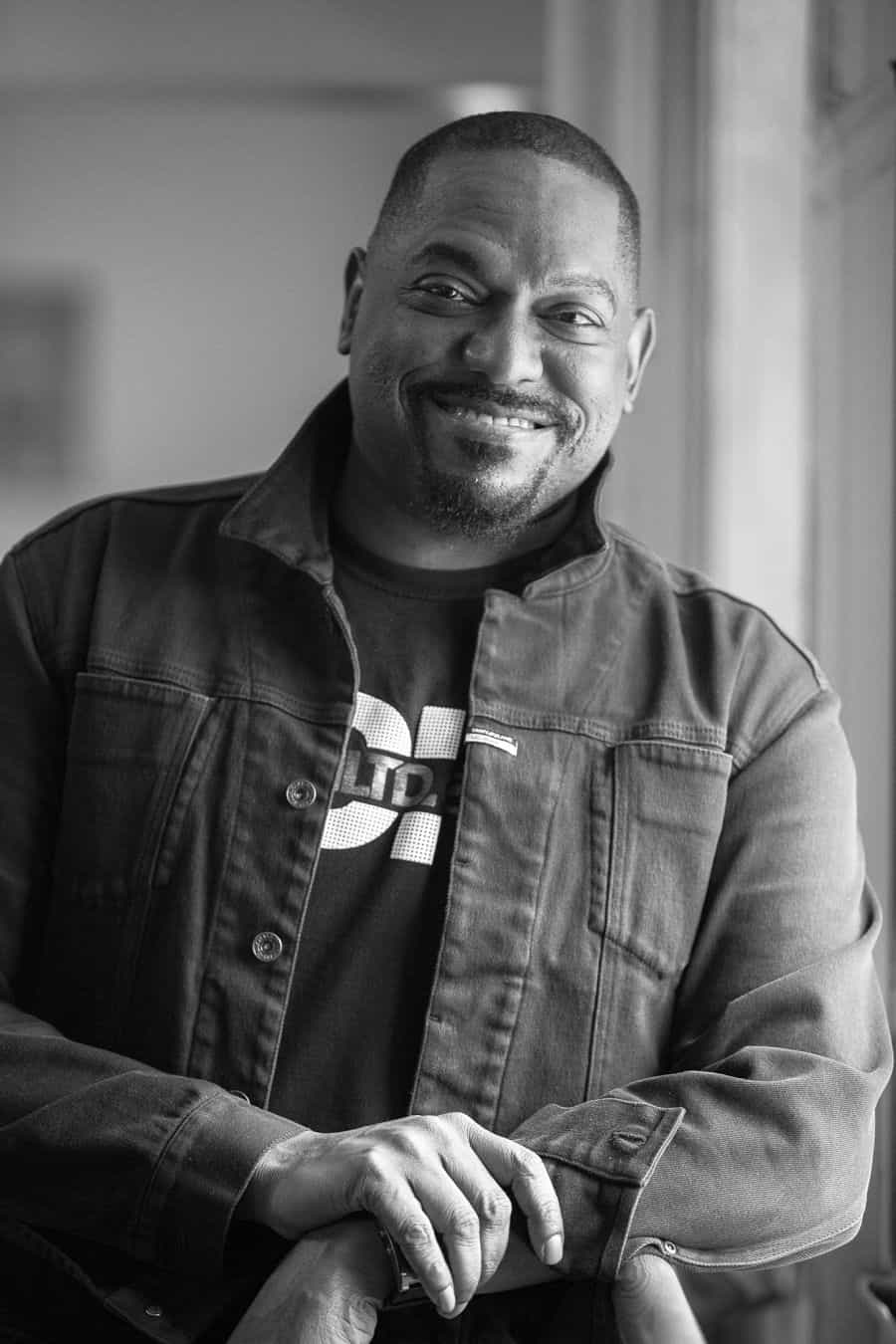
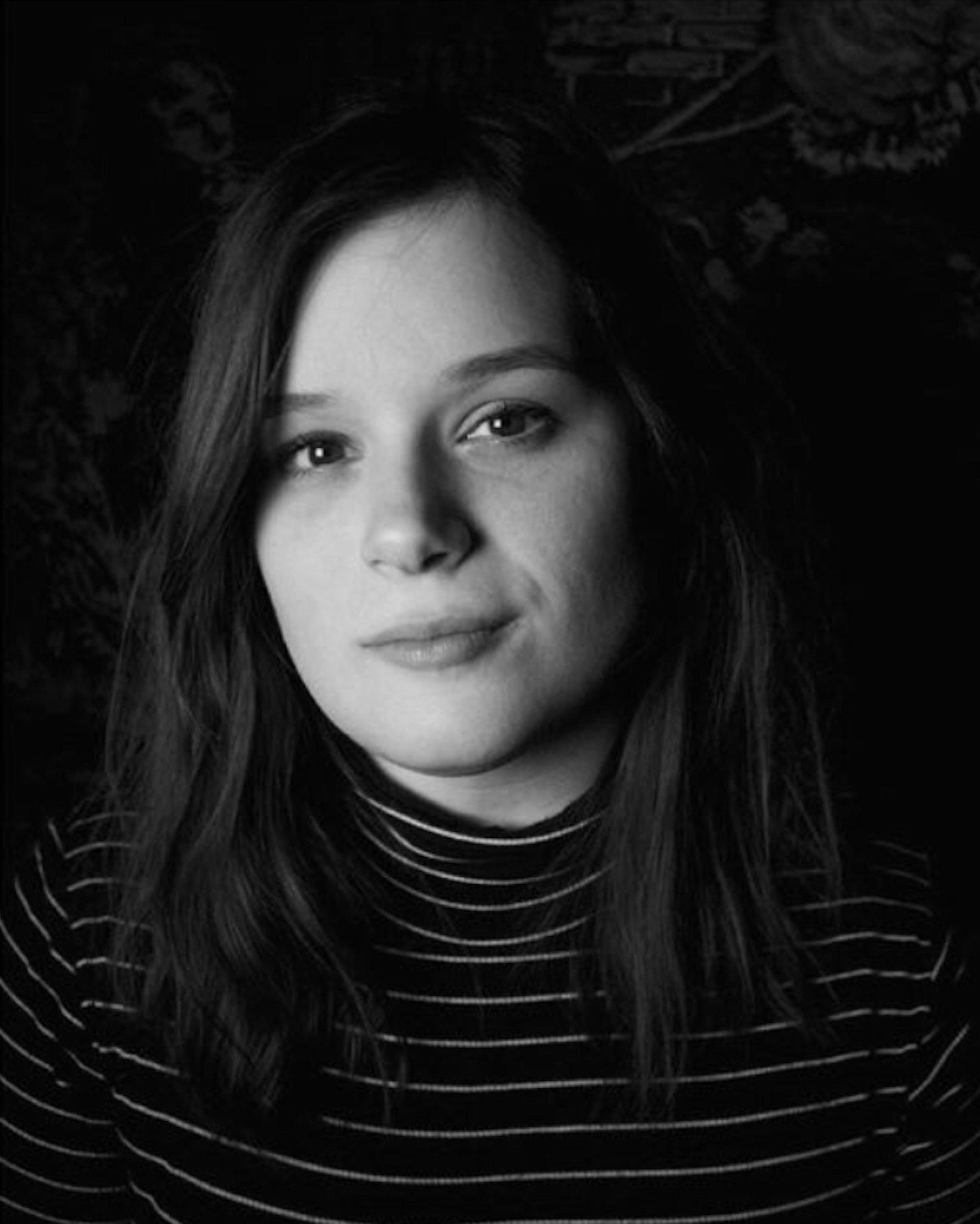
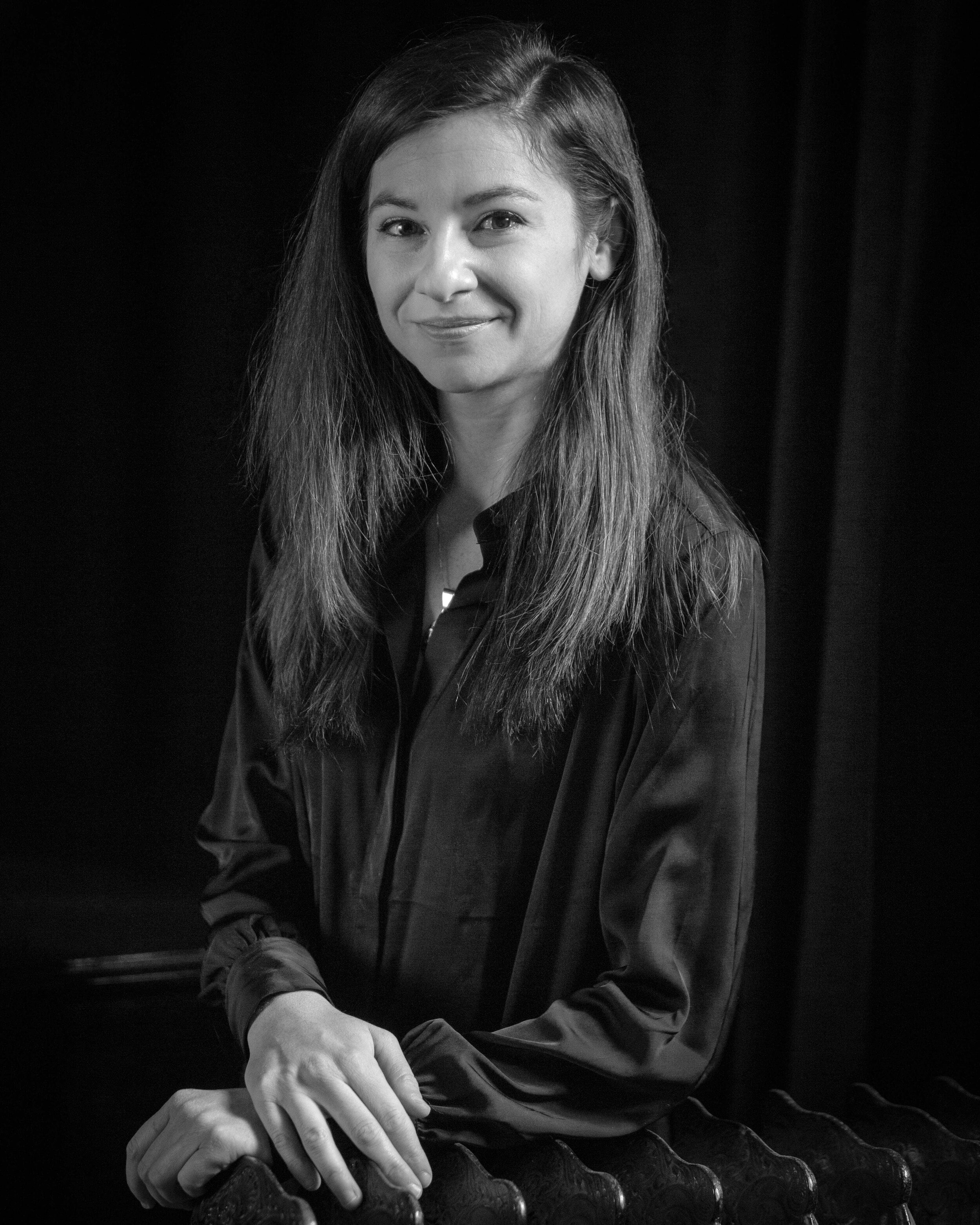

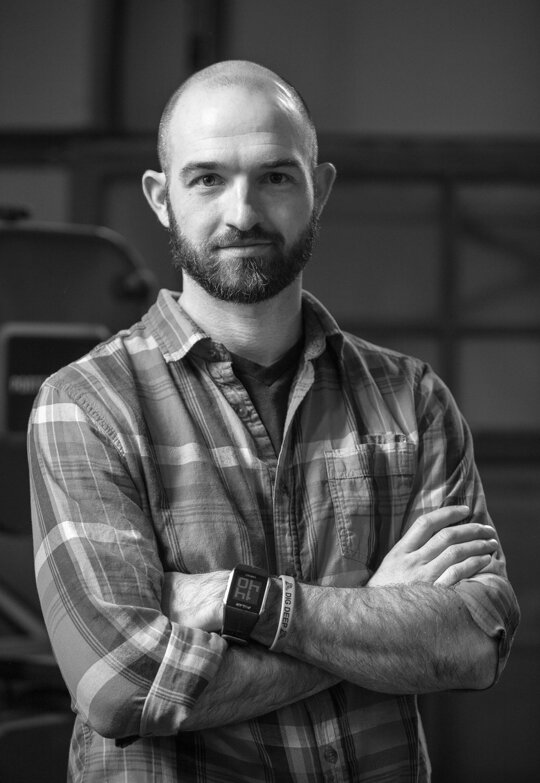
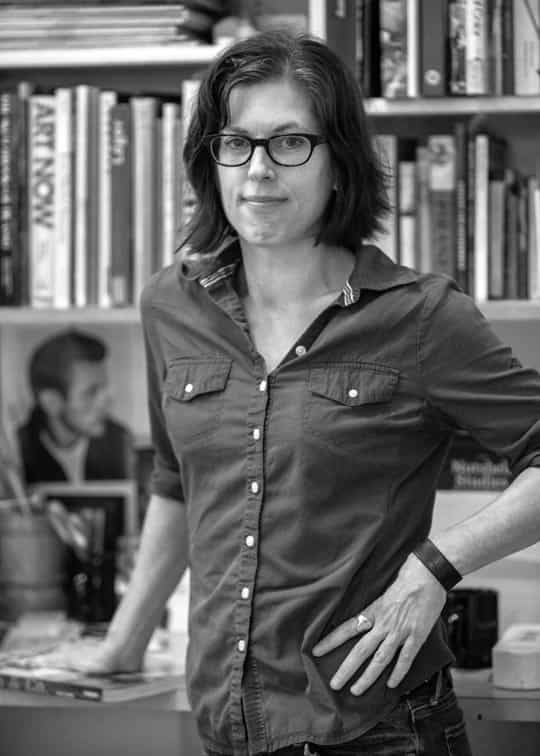
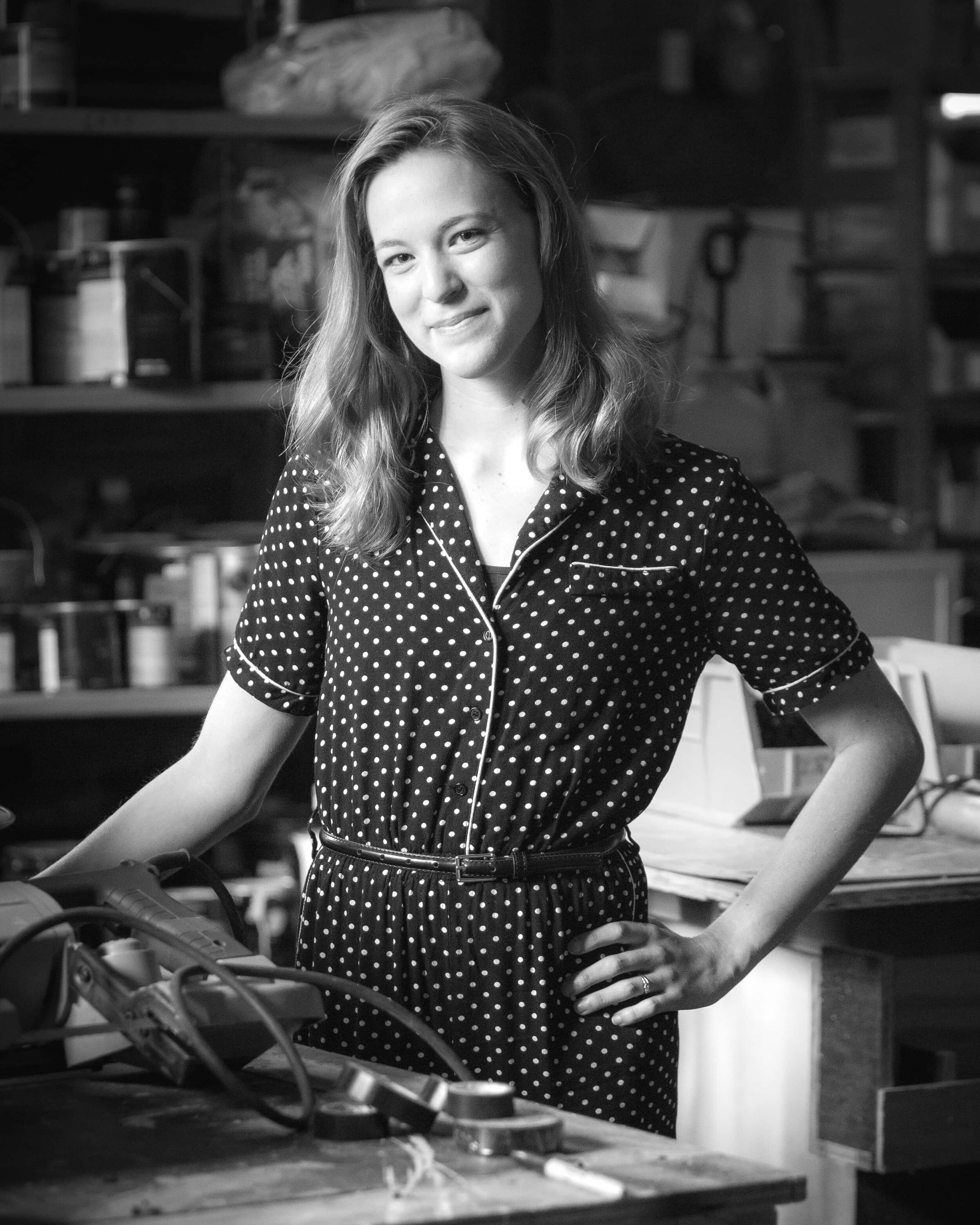
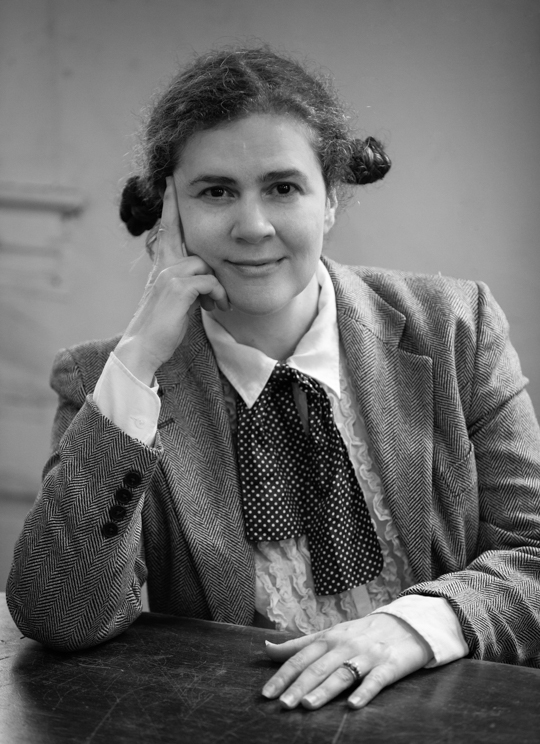
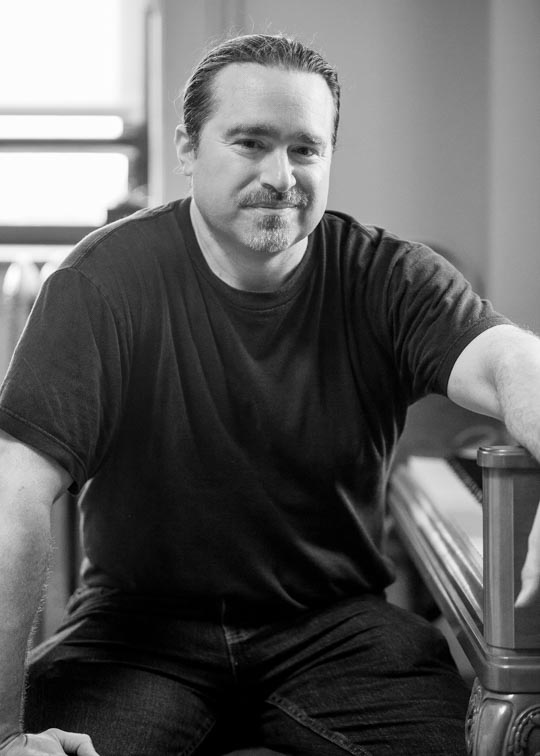
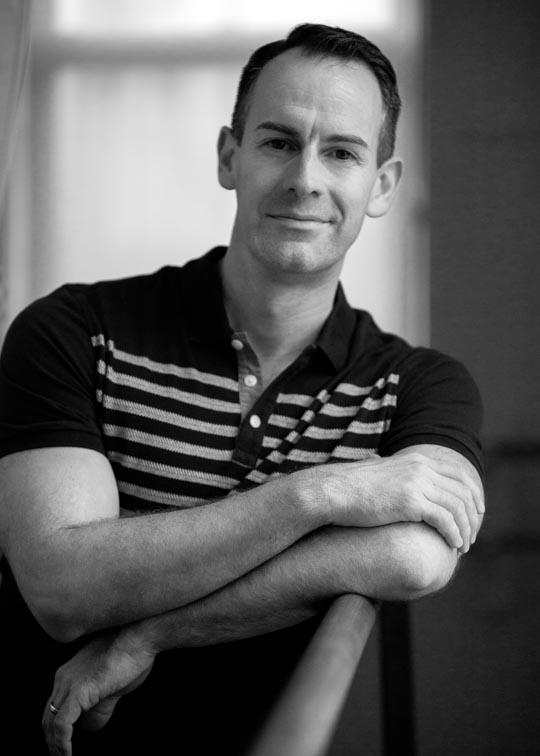
From package design to parking garages to public housing to Peapod, this course will explore and critique design from the products and the devices we cannot live without, to the invisible networks and the built environments we rely on and navigate in our daily routines. Design is everywhere, however we only seem to notice it when it is “bad.” Through studio projects, this course will investigate what makes “good” and successful design.
What is a design process? What are the strategies designers use today? What are the cross-disciplinary methods from psychology to sociology, from marketing to architecture, that have expanded the concept of design and the application of the design process to disparate fields to generate innovative solutions to simple everyday nuisances to complex global issues? How are artists’ contributions invaluable to the creation of new products, services and technologies that result from this expanded interdisciplinary design field? Throughout this course students will practice an inquiry-based, socially-engaged, and human-centered design process that combines fieldwork, observation, and working through a “problem” through research, model building, and critique. This course will involve discussion, studio work, and presentations. Design professionals will be brought in to work through issues and projects with students.